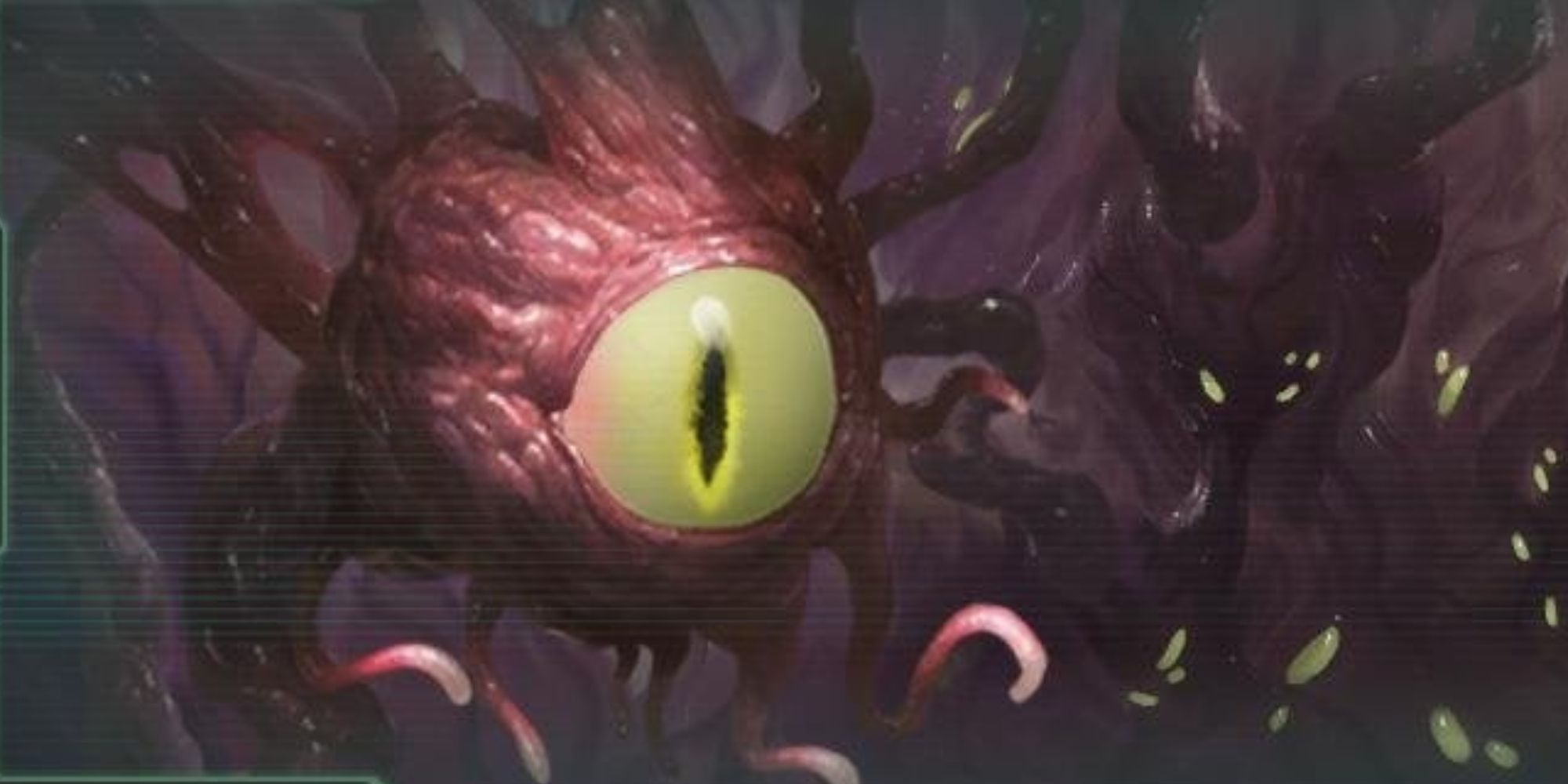It annoys me so much when I feel I need to write a sentence like that that I go to great lengths to restructure sentences to avoid it.
…fuck
Your grammar and sanity are better for it. Actually, most cases I’m which a double that is used you can probably get away with a single that.
It is true that that is almost never necessary.
I remember one time at r/peloton one of those tribalistic mildly-xenophobic nutcases told me, after sharing an article in spanish which had some ambiguous word, something to the effect that “spanish is the most confusing language in the world”.
Yes, that genius told that. In english.
“That that” can and probably should be replaced with “that which” in almost every instance it is used.
Edit: or “when that”
Many times you don’t need the first “that” at all.
Did you know that I play soccer?
Vs
Did you know I play soccer?
Sometimes we have a do do problem, too. I do do that, anyway.
Yes its called diarrhoea
Buffalo buffalo Buffalo buffalo buffalo buffalo Buffalo buffalo!
I don’t get it after the 2nd had, any chance someone else understands?
It needs a comma.
All the good faith I had had, had had no effect.
Essentially “all the food faith I previously had, didn’t have any effect”.
Good God English is an awful language.
Why was your food faith no good?
It doesn’t need a comma, it needs restructuring. When phrasing it like this, it is customary to add a comma between two adjacent verbs. You could even argue that the first part is an introductory phrase, which would explain the comma too.
I’m pretty sure it is grammatically correct with no comma. The version you provided is a comma splice.
To slightly change the tense, All the good faith that I had had no effect is grammatically correct with no comma, so the gerund form should also not need a comma.
Perhaps. Regardless it’s outlandish abuse of the tongue IMO and definitely would benefit from the comma because nobody’s going to just bang out 4 had’s in a row in speech without a pause without a justifiable slap across the chops and possibly a challenge to a duel.
“But your honour, he said ‘had’ four times on the trot without pause”
“Case dismissed”
no it’s not. you can find quirks like this in every language.
True enough but I feel like English has more quirks than other languages though I acknowledge that may be bias.
I used to have near fluent Irish way back when and I don’t recall any shenanigans like this (again I acknowledge I may not have been presented with them). I feel like most other languages have a more clearly defined set of pronunciation rules too.
Irish looks horrific (Siobhán is shiv-awn for example) but very very closely follows pronunciation rules so that pronunciation would be no surprise to a native reading it for the first time. English sure as fuck does not follow rules like that.
Near. Neat. Book. Boot. Etc.
(Some small subset of Irish folks do say “boo-k” though)
maybe I should have clarified: not every language has quirks in the same ways. German has weird articles that make no sense. French has different pluralization rules for up to four objects
But even of you just want to think about writing: German makes super long words that look monstrous by mushing words together. French doesn’t pronounce half the letters in its spelling. Arabic doesn’t really have vowels but instead uses diacritics that are often omitted so you have to be really familiar with the language to read at all.
French has different pluralization rules for up to four objects
What?
ah that makes sense, thanks!
You’re welcome. :) Took me a minute tbh. Not sure if the wine I’ve had helped or hindered. It’s 2:30am here.
“…did have, did have…”
You can create a sentence with an infinite number of “police”
Who polices the Police?
Police Police police Police.
Who polices the Police Police?
Police Police Police police Police Police.
And so on…
* the sound of buffalos approaching *
Same with “truck”: https://youtu.be/kccONko4xYE?si=z0Y3_lLN87nMrJIp
Plot twist: There is no police police. ACAB
Who polices the Police?
Police Police police Police.
Who polices the Police Police?
Someone called👮😎
dass das das das dass da ersetzen kann ist falsch
translation: that “das” can replace “dass” there is wrong.
same shit different barbarians
The landlord of a pub called The Pig And Whistle asked a sign writer to make a new sign. When he saw it he thought that the words were too close together, so he said to the sign writer “I want more space between Pig and And and And and Whistle”.
Inspired by the story, another landlord decides to name their pub “Pig and And and And and Whistle.” Lo and behold, the sign was cramped… Ther needed more space between Pig and and and and and And and And and and and and and And and And and and and and and Whistle.
Buffalo buffalo, Buffalo buffalo buffalo, buffalo Buffalo buffalo.
I think you or they added two extra ands, because the pub isn’t “Pig And And Whistle.”
More space between pig and and as well as between and and whistle.
Yeah thats a proper sentence but thats not what was written above.
Space between pig and and, and space between and and whistle
Yes but they have two too many, go count it.
They refer to the same and twice.
then it should be separated by comma after the first and and
No, more space between Pig & And + And & Whistle.
(Pig and And) and (And and Whistle)
Ah see this one makes more sense but since it is a single sentence clause two of them are still redundant.
It is indeed a very convoluted way of making the requests. I would say more space between each word.
Nah, it’s referring to the first space by grouping the first and second words, “Pig” and “And,” and then referring to the second space by grouping the second and third words, “And” and “Whistle.”
They said and “And” and “And” and “Whistle” tho, thats 2 extra.
“The Pig And Whistle” asked a sign writer to make a new sign.
I want more space between “Pig” and “And”
and
[more space between] “And” and “Whistle”
Ovahea’s comment as I copy and paste is
Pig and And and And and Whistle”.
So if you remove the bonus ands, it becmes “Pig And And Whistle”.
But as someone else pointed out it’s the same “and”. The sign has three words on it. Between the words are spaces. How many spaces are there? What on either edge of each space?
Okay I concede that it works, albeit it requires a comma, but it also works without the redundant ands
“Pig and Whistle” is what they’re asking for.
Pig
.
And
.
Whistle
But they gave instructions for “Pig And And Whistle” in the comment I replied to.
Pig & And, And & whistle. It’s focusing on the conjunctive. ’And’ is repeated because it is pertinent in both phrases.
Live footage of me reviewing a report that has a repeated word series like this:

I showed my teacher a flork and now she loves them
Hahaha holy shit, some of them are way the fuck out there
Buffalo buffalo Buffalo buffalo buffalo buffalo Buffalo buffalo.
Have you heard the tragedy of pumping lemma? Have you heard the tragedy of the tragedy of pumping lemma? Have you heard the tragedy of the tragedy of the tragedy of pumping lemma?
My friends and I call their dog “That” and we’re always saying stuff like “that’s that that!” when he comes down the stairs and such lol
James, while John had had “had”, had had “had had;” “had had” had had a greater effect on the teacher.
😠
You must be loving all the technically correct comments on this post
In German the following is a completely valid sentence:
Wenn hinter Fliegen Fliegen fliegen, fliegen Fliegen Fliegen nach.
Which translates to when flies fly behind flies, then flies follow flies. The same works for seals:
Wenn hinter Robben Robben Robben, robben Robben Robben nach.
Some Hungarian prefixes can be piled on without limit, while still creating meaning.
The word “úszni” means “to swim”.
Úsztatni - to make someone or someone swim
Úsztattatni - to make someone make someone swim
Úsztattattattattattattattattattni - to make someone make someone make someone … make someone swimCan be done with any verb, and maybe some other suffixes as well.
Wow, that’s wild. Amazing language
It’s basically a mishmash of Ancient Ugric, Turkish, German, Slavic and Romani words with grammar that is an eldritch monstrosity, nobody really knows where it came from, and it is seriously weird.
There are only two real tenses, but nineteen cases and two different ways of doing imperative, which are kind of equivalent but carry cultural and tonal differences in certain contexts.
The same works in Dutch:
Als vliegen achter vliegen vliegen, vliegen vliegen vliegen achterna.
Although my favourite form of that tongue twister is:
Als vliegende vliegen achter vliegende vliegen vliegen, vliegen de vliegende vliegen vliegensvlug.
When flying flies fly behind flying flies, the flying flies fly rapidly (“flying fast”).
You can say “fleetly” instead of “rapidly”. Actually “rapidly” sounds incorrect when describing flying.
English has Buffalo Buffalo Buffalo Buffalo Buffalo Buffalo Buffalo
I don’t know what it means but I’ve been told it is indeed a full sentence.
Bison from Buffalo, New York bully bison from Buffalo, New York who bully other bisons.
There are no buffalo in Buffalo!
- Had had had had
- OH MY GOD, HE HAS A STROKE!
If if if if if we
Okie doke












